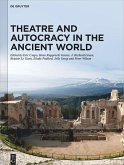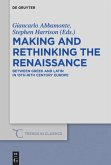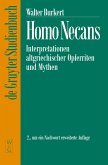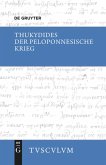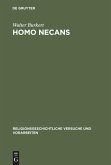The volume deals with the mechanisms of the oral communication in the ancient Greek culture. Considering the critical debate about orality, the analysis of the communicative system in a predominantly oral-aural ancient society implies a reassessment and a deep reconsideration of the traces which orality embedded in the texts transmitted to us. In particular, the focus is on the 'cultural message', a set of information which is processed and transmitted vertically as well as horizontally by a living being, so to be differently from a genetically encoded information, a culturally defined process. The survey intertwines different approaches: the methodologies of cognitivism, biology, ethology, to analyze the embrional processes of the cultural messages, and the tools of historical and literary analysis, to highlight the development of the cultural messages in the traditional knowledge, their codification, transmission, and evolutions in the dialectics between orality and writing. The reconstructed pattern of the mechanisms of cultural messages in a prevailing oral-aural system cast a light on a shadowy aspect of a sophisticated communication system that has long influenced European culture.
Hinweis: Dieser Artikel kann nur an eine deutsche Lieferadresse ausgeliefert werden.
Hinweis: Dieser Artikel kann nur an eine deutsche Lieferadresse ausgeliefert werden.




